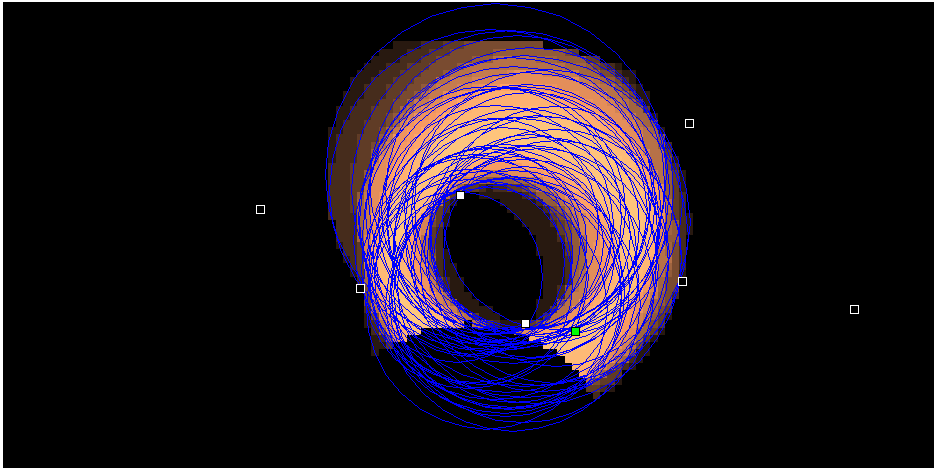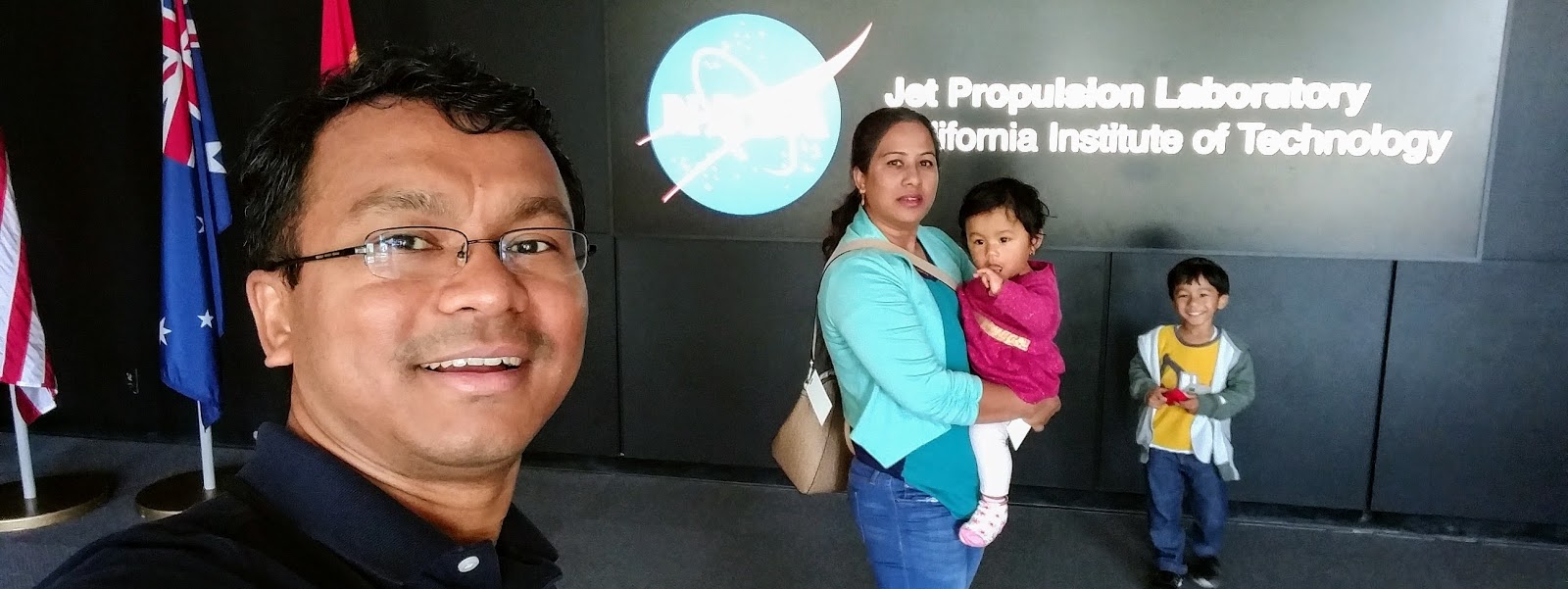Thanks!
We would like to wish all the best to the physicists for their success. Please join the Google Group of Nepal Physical Society for lively discussions. We have also created a Google Map showing Nepali Physicists around the globe. If you know someone who is missing from the map, please let us know.
http://goo.gl/maps/wU13
1 Basu Ram Lamichane University of Missouri Science and Technology
2 Bikas Kafle University of Memphis
3 Chet Raj Bhatta Mississippi State University
4 Chinta Mani Aryal University of Akron
5 Deepak Sapkota University of Tennessee
6 Dinesh Thapa University of Idaho
7 Dipendra Adhikari University of Memphis
8 Dipendra Dahal CUNY, New York
9 Durga Raj Siwakoti Mississippi State University
10 Ebin Bastola Bowling Green State University
11 Ganga Prasad Sharma University of Rhode Island
12 Ghadendra B. Bhandari Bowling Green State University
13 Gyanendra Bohara North Texas
14 Indra Mani Ghimire Baylor University
15 Jiwan Katwal University of Houston
16 Kiran Ghimire
17 Kushal Shrestha
18 Lokendra Poudel University of Missouri
19 Medani P. Sangraula Illinois Institute of Technology
20 Min Prasad Khanal Auburn University
21 Mohan Panta University of Houston
22 Nabin Thapa Kent State University
23 Nabina Paudyal Akron University of Ohio
24 Narayan Poudel University of Houston
25 Nawa Raj Dahal Boston College
26 Pauf Neupane Missouri Science and Technology
27 Pawan Pathak University of Naveda
28 Prabodh Dhakal Washington State University
29 Pradip Raj Niraula University of Massachusetts
30 Prakash Upreti Bowling Green State University
31 Rabi Khanal Missouri University of Science and Technology
32 Rajiv Kadel Iowa State University
33 Rishi Ram Paudel University of Delaware
34 Rudra Prasad Pokhrel University of Wyoming
35 Sagar Prasad Paudel Wyane State University
36 Samana Shrestha University of Rhode Island
37 Shanker Aryal University of Southern Illinios
38 Shiva Shran Bhandari Michigan Technology University
39 Sudip Nepal Arkansas University
40 Surendra Maharjan University of Houston
41 Umesh Silwal Mississippi State University
42 Upendra Rijal Bowling Green State University
43 Vijay Khanal University of Naveda
44 Yagya Raj Joshi Florida International
Thanks to Narayan Poudel, Yuba Raj Poudel, Samana Shrestha and others.




